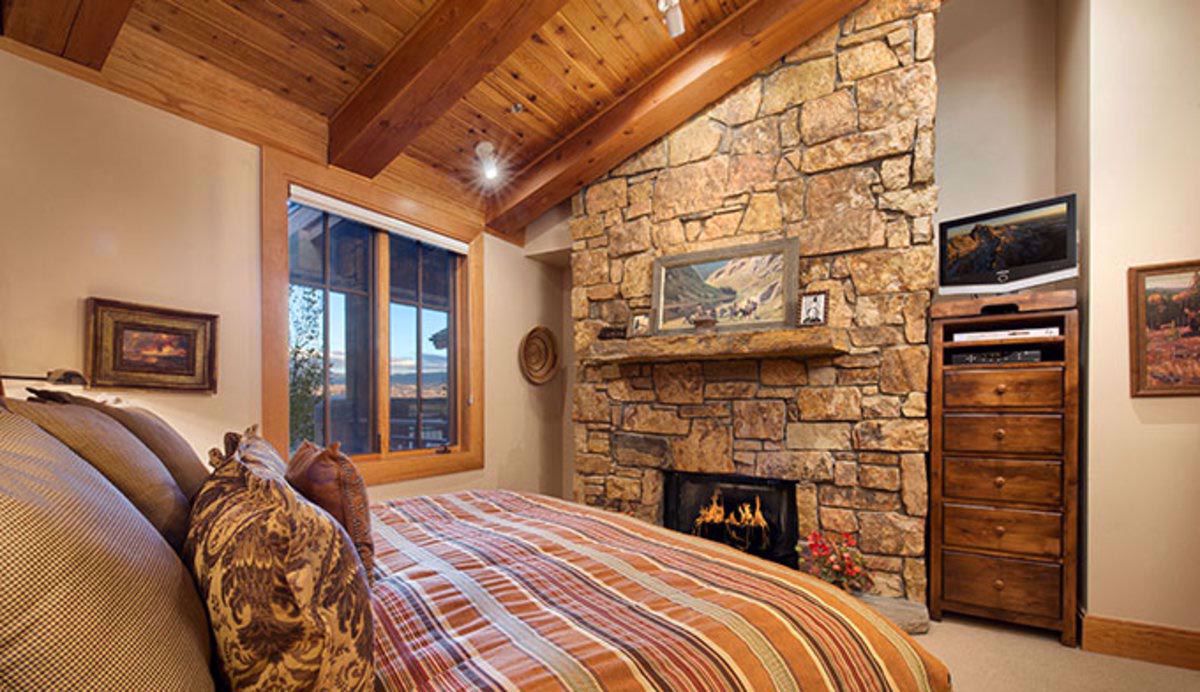Yesterday I had brunch with Laura Bly, a USAToday travel writer who wrote a very interesting blog article on several recent well-publicized National Park deaths, including the three people who were swept over Vernal Falls and two people who died in recent accidents in Hawaii. It's well worth reading.

As we discussed those incidents, we started recounting the times we had each done things that could have gotten us in trouble - but didn't. I told her about the time in my 20s that I climbed Katahdin with a friend, both dressed in cotton. When we got to the plateau, it started to rain, the temperature dropped 20 degrees, and we continued anyway. My friend got hypothermic but I was fortunate to have just enough wits left to realize what was happening and to get us down the mountain. Then there was the time I was swimming in Costa Rica and got quite far from the beach when I suddenly realized I knew nothing about currents, sharks, rocks etc. Fortunately I was able to swim back but not until 10 minutes of thinking I wasn't getting anywhere at all. She recounted a trip to Glacier where she went hiking by herself in grizzly country without bear spray or bear bells and didn't even sing aloud. But we both admitted that sometimes we hiked by ourselves and didn't want to stop doing that, even though one of the cardinal rules is always hike with a buddy.
This represents the three ways someone can end up dead or injured in the outdoors. My near-hypothermia incident was simple ignorance - it was at the beginning of my outdoor career and I really didn't know better. The Glacier hiking and Costa Rica were thoughtlessness- we both knew better! But we each didn't think about it until we were in the middle of doing it and suddenly thought - what am I doing?!!
And then there is choice: knowing the potential risks, taking steps to minimize them (e.g. letting someone know where you're going and when to expect you back), making a decision that the benefits outweigh the risks, and then being willing to accept the consequences. It's this latter situation that we often face on trips. They are adventure trips, after all, and it is not possible (or even desirable) to remove all risk. Instead guides make decisions based on judgement, and that judgement is based on years of experience. Instead we make decisions based on good judgement, and that good judgement is based on years of experience. Of course sometimes that experience is based on bad judgement - which is why we never have cotton on the packing list in the mountains!
P.S. You'll be happy to know we haven't lost anyone yet!




Collette Gagne
You could have lost me on one of your trips, but not because of anything you did, it was a choice I made and my ignorance of the mighty sea. I was in good shape although not a strong swimmer. When a few of the stronger swimmers decided to snorkel out to the Indians, I made the decision to follow; all the way there everything was cool we were all diving and having a blast, the sea was beautiful! While out at our destination the sea changed her mood and the waves grew with winds causing the waves to breach my snorkel. I was tired and decided to leave the group to return to the sanctuary of the beach. Half way back I started to panic and knew that there was a very good chance that I wouldn't make it back. No one could see that I was struggling because no one was with me. We were told not to touch the precious corral as our touch could jeopardize it's life. As I furiously fought my impending demise I saw a round ball of corral that I could grab onto to relieve my soon to be fatally exhaustion. I did think about not touching it but then I thought of all the reasons that I needed to make it back home. Before I wrapped myself around the lovely corral I apologized to it, and explained that if I had any other choice I would have avoided placing it in jeopardy. It was a great learning experience, where I learnt a very valuable lesson about the mighty sea. She can take you at anytime and she preys on the unsuspecting and the foolish. Play, but play smart!